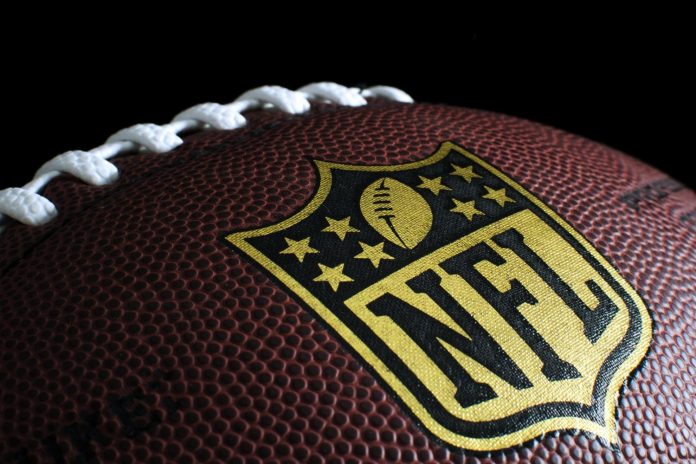
The NFL’s competition committee is expected to propose a ban on defensive players leaping over the line of scrimmage on field goal and extra point attempts and a modification to the instant replay system by which rulings would be made by members of the league’s officiating department stationed in New York, according to a person familiar with the league’s inner workings.
The committee also is making plans to suggest automatic suspensions for players guilty of certain egregious illegal hits and intends to clarify and soften the sport’s rules regarding illegal celebrations, according to the person, who spoke on the condition of anonymity because the committee’s deliberations are ongoing and the league has made no official announcement.
The owners of the 32 NFL teams will consider proposals by the rule-making competition committee when they meet early next week at a Phoenix-area resort for the annual league meeting. Competition committee members are to announce their proposals later this week.
Last-minute changes are possible. The committee, for example, has been mulling either automatic ejections or mandatory suspensions for certain illegal hits. But the person with knowledge of the deliberations said it does not appear likely that automatic ejections will be proposed.
The ban on a player leaping over the line of scrimmage on a field goal or extra point was suggested by representatives of the NFL Players Association when they met with the competition committee at the NFL scouting combine. The tactic has become somewhat common as a means to block kicks and has resulted in some high-profile, closely scrutinized plays.
The prohibition would be a player-safety measure designed to protect both the player doing the leaping and any offensive player on whom he might land. Under current rules, such a leap is illegal if the player lands on an offensive player but legal if the player successfully clears the line of scrimmage.
Any rule-change proposal must be approved by at least 24 of 32 teams.
The change to the procedure by which replay rulings are made is designed to streamline the process and make instant replay decisions more consistent. Representatives of the league office would make the rulings in consultation with the referee of that particular game, who would view the replay via a tablet brought to him on the field.
Replay decisions currently are made by the referee. Competition committee members had debated whether to have the referee make the rulings in consultation with the league office, or have the league office make the rulings in consultation with the referee. The committee appears poised to go with the more centralized approach. League officials informed the committee that there would be sufficient manpower in the NFL’s officiating department to take such an approach even during the busy time slot early Sunday afternoons with many games in progress simultaneously.
On the automatic suspensions, committee members considered proposing automatic ejections for certain illegal hits. The consideration of automatic ejections or suspensions was based on the belief that the fines being imposed by the league for illegal hits are not serving as a sufficient deterrent.
The suspension would apply even to first-time offenders, according to the person familiar with the deliberations. Only certain illegal hits would qualify. The committee was focused on egregious hits and particularly dangerous plays. Among the hits studied by the committee at the combine was one by the Washington Redskins’ Deshazor Everett on the Philadelphia Eagles’ Darren Sproles this past season. Everett hit Sproles as Sproles was waiting to field a punt return. Everett was penalized and fined for the hit but was not suspended by the league.
Implementing an automatic ejection rule probably would have required the hit be subject to instant replay review as a means of ensuring that a player was not ejected on an erroneous call. That would have been a problematic step for the competition committee, which has opposed making judgment calls by the on-field officials subject to replay. The suggestion for mandatory suspensions allows for members of the league office to study the hit before determining whether the new standard applies.
It is not clear if the suggestion for automatic suspensions will come as a formal rule-change proposal requiring an ownership vote.
Similarly, the clarification of the illegal celebration rules is likely to be made via a point of emphasis to officials, not as a proposal requiring a vote by the owners. The new guidelines will allow “quick and spontaneous” celebrations, the person with knowledge of the issue said, as long as they are not offensive and involve no props.
(c) 2017, The Washington Post · Mark Maske

